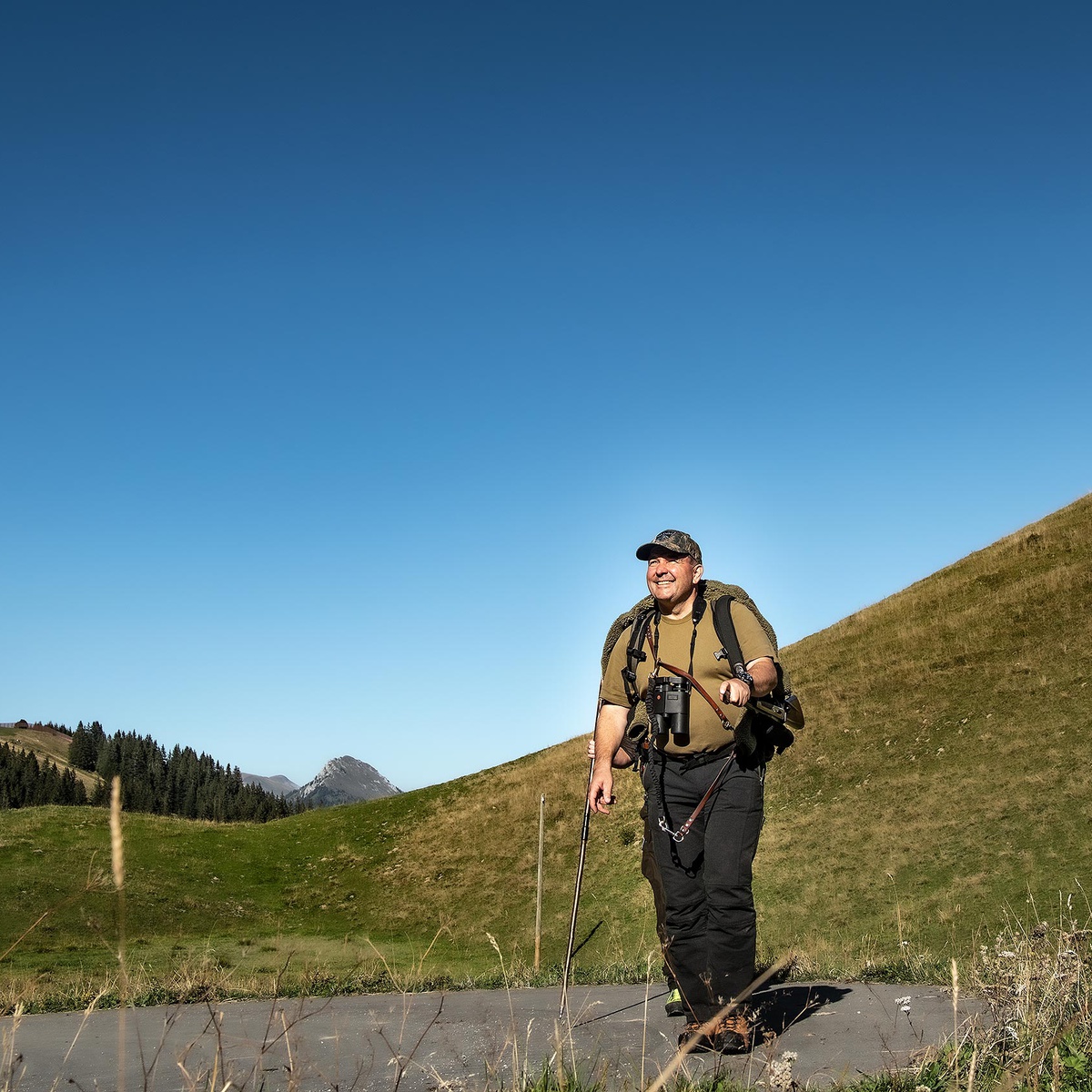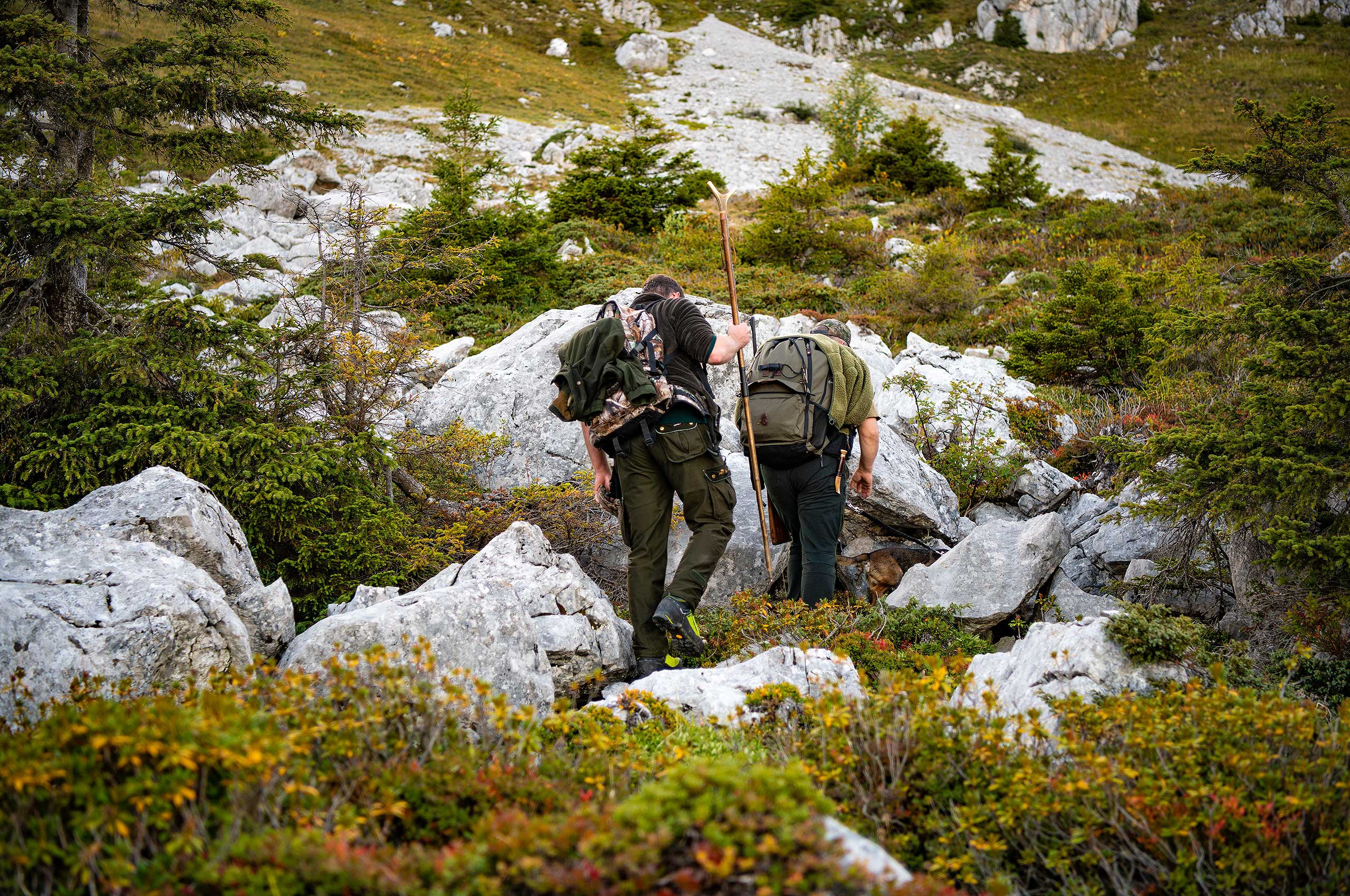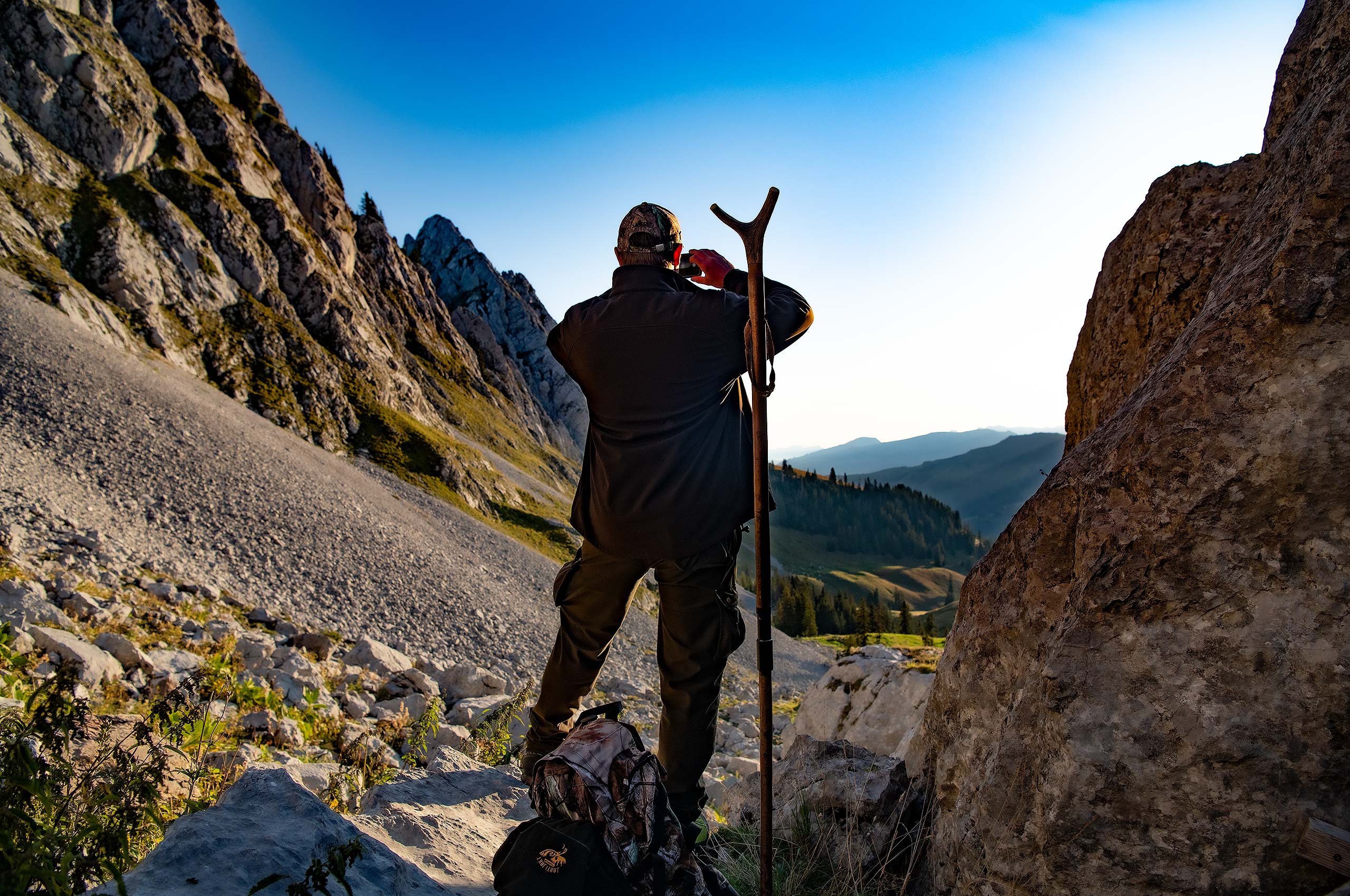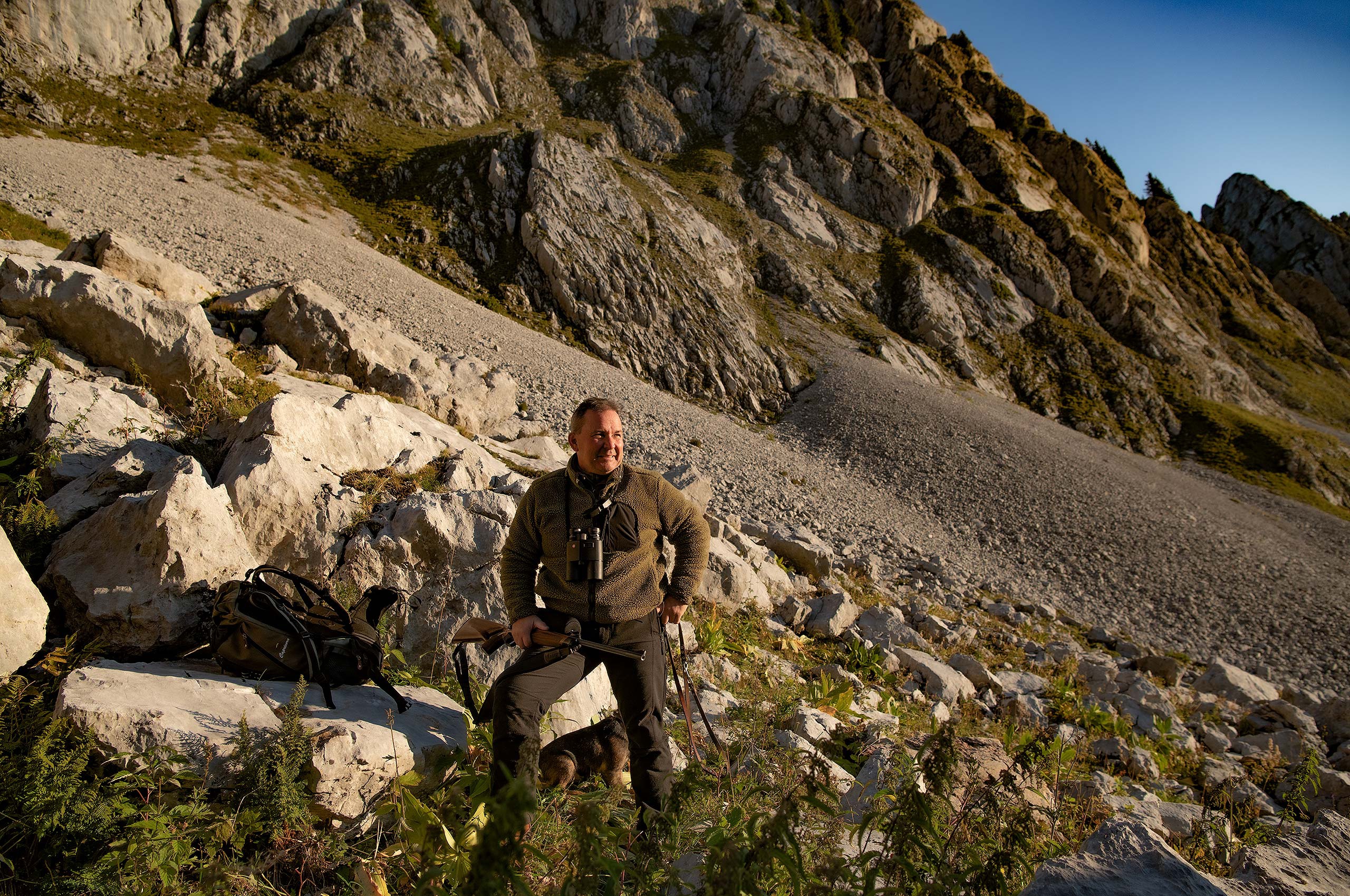Hunting is one of the most primitive activities in human history and is older than anatomically modern man (Homo sapiens) himself. The oldest undisputed evidence of hunting dates back to the Old Pleistocene and coincides with the emergence and spread of Homo erectus 1.7 million years ago.
From then until around 12,000 years ago, almost the entire human race lived as hunter-gatherers. Hunting was of central importance for the evolution of mankind. The first tools for hunting were developed in the form of weapons.
Hunting together promoted social and communication skills and formed one of the foundations of human culture. The discovery of the Lehringen lance and the Schöningen spears provide evidence that Neanderthals and Homo heidelbergensis hunted big game.
Hunting provided food and, in addition to meat, valuable animal by-products such as bones for tools or for flutes and works of art, skins for clothing, shoes, blankets, dwellings (tents) and carrier bags as well as sinew for sewing and bows.
The word hunt comes from the Middle High German jaget from the Old High German jagōd, a derivation of the Old High German verb jagōn ‘to pursue quickly, to rush, to seek to catch or kill, to hurry’, the origin of which is uncertain.
Like other hunting compounds with weid (e.g. -mann or -gerechtigkeit), the word Weidwerk has the Indo-European root *uid- with the meaning ‘to procure food’, which in the course of language development became Old High German weida, later Middle and Modern High German weid.

Hunting has been practised historically and is currently practised for various and differently weighted reasons: Obtaining game as food. Utilisation of other parts of the animal, such as hides, horns, antlers, sinews and the like for the manufacture of tools, clothing, utensils, jewellery and souvenirs.
Regulation of wild animal populations to reduce damage caused by game, such as damage to crops in agriculture or game browsing on natural regeneration in forests More abstract motives, including gainful employment, manual ambition, recreation and a change from everyday life, enjoyment of hunting itself, experience of nature, social distinction, tradition and spending time with family and (hunting) friends.
The hunter's language is one of the oldest existing technical languages and is used today primarily for precise communication between hunters and has developed in parallel in several languages, such as German, English and Spanish. Numerous words and phrases from the hunter's language have found their way into general usage. As the hunting language differs from the common language in terms of lexis but not syntax, it can be regarded as a specialised hunting vocabulary. Due to changes in hunting practice, many older terms have become obsolete.
The German hunting language has its written origins in the 8th century and comprises a vocabulary of around 13,000 expressions with around 40,000 defined meanings, of which a maximum of 2,000 terms are used in hunting practice today. For a long time, the technical hunting terms that were present from the beginning dominated (e.g. ‘Saufeder’ for the long-handled spit wrapped with a strap for wild boar hunting or ‘Hetzen’ for the pursuit of game by the hunting dog), it was only in modern times, and especially in the 18th century, that terms in the language of the estates emerged in the wake of the sovereigns, which were aimed at social distinction from outsiders and had no practical added value (e.g. ‘Teller’ for the ears). Here, too, there were regional differences within the German-speaking area, as in Switzerland, for example, no professional vocabulary was formed due to the divergent development of hunting law and hunters' language was largely limited to technical terms.
Quelle Wikipedia

Early depictions, such as the hunter's palette, document hunting in ancient Egypt. There were hunting-related cults for deities to whom hunting was particularly sacred - such as the Greek goddess Artemis and the Roman goddess Diana. Among the saints of the Catholic Church, there are several who are regarded as patrons of hunters. In the Middle Ages, this was - and still is, especially in Austria and Bavaria - St Eustace († around 118); later, from around the second half of the 15th century, there was an increasing veneration of St Hubert († 727). In addition to them, there are other saints who are venerated as patron saints of hunting: St Martin, St Germanus of Auxerre and St Ivan, who is revered in Eastern European countries.

